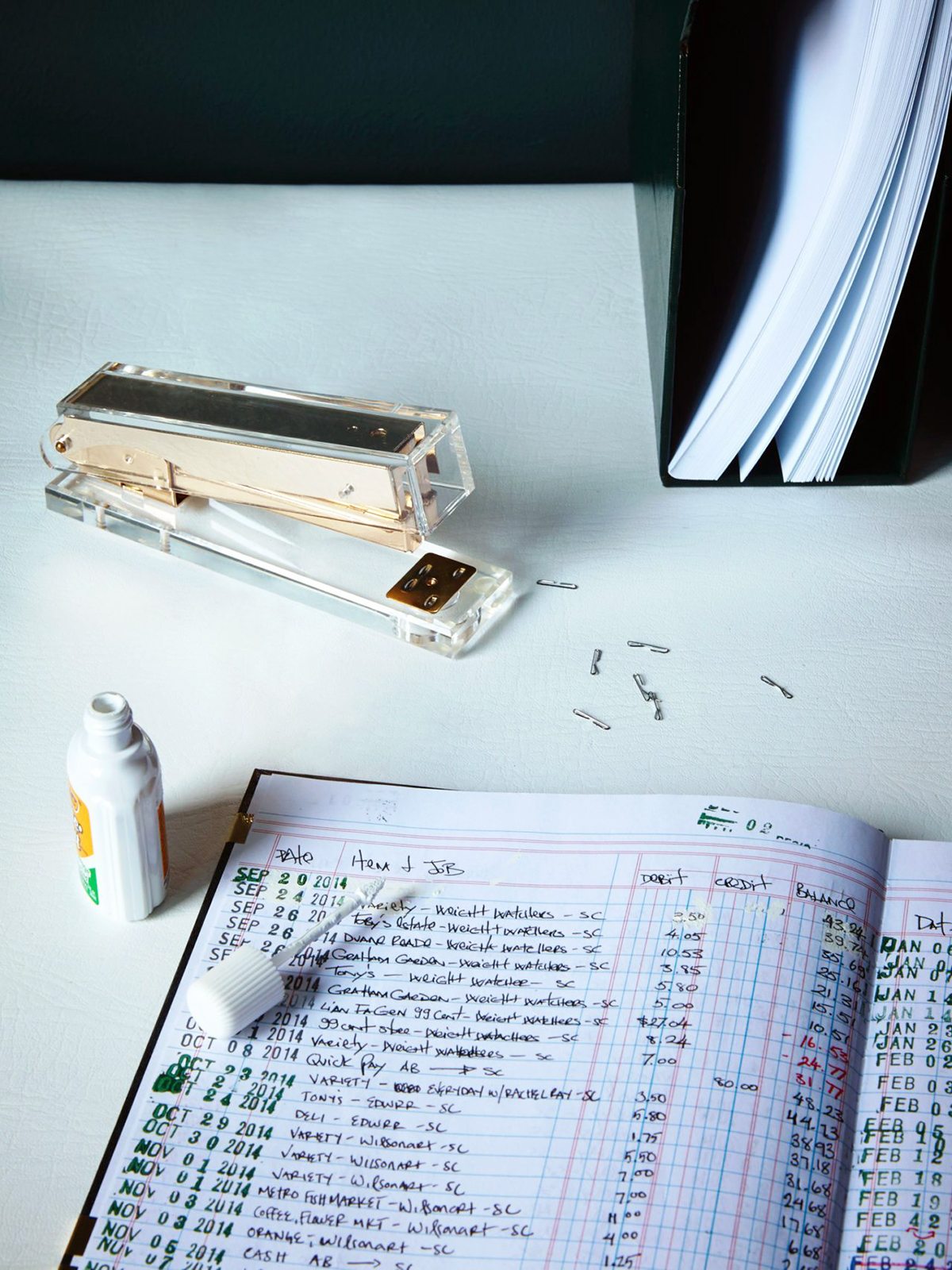Disclaimer: I’m not a financial professional, just someone with a passion for savings.
Managing money may seem hopelessly confusing. Debt is bad, savings are good, and there never seems to be enough money to feel comfortable. When your budget always feels tight, how can you even begin to think about saving for retirement?
Young people have much to overcome in order to lay a solid financial foundation, but setting up retirement savings is doable and very important.
When should I start saving for retirement?
The short answer is, the sooner the better. With the power of compounding interest, you can save double the amount if you start at age 25 as opposed to waiting until 35.
The longer answer is that you should start retirement saving once you’ve paid off your debts. Basic mathematical logic means that if you’re losing money on high interest debts, then it’s counterproductive to save for retirement. Focus first on these two goals:
1. Pay off debt.
Start with your highest interest debt first. “Bad debt” like credit card debt will likely take priority over “good debt” like student loans.
2. Establish an emergency fund.
This isn’t a savings account for something you want. It literally only exists to cover several months of your living expenses should you lose your job or encounter a financial emergency.
Once this part of your financial house is in order, then you’re ready to start tackling retirement savings.
401(k) Matching is a special case.
If your company matches your contributions, you may want to start your retirement savings a little before fully accomplishing the two goals above. The reason for this is because the matching rate is at such a high margin, it doesn’t make sense to let this “free money” go to waste. If your company is matching 100% of your contribution or even 50%, you’re gaining more money with this 401(k) than you’re likely losing on your debt interest rate. Maximize what you can here with this free money while you chip away at your other two goals.

Why Savings Matter
What happens if you reach retirement age, but lack adequate savings? Social Security isn’t guaranteed 40 years from now, and even if it exists, most likely your standard of living will yearn for more than what Social Security offers. You’ll likely have to work beyond 65 to cover the difference. If your health prevents you from working, your family may have to step in to help. If they are unable to, you may become reliant on society. Unfortunately, without some level of personal initiative to save for retirement, it will likely be challenging to fully retire comfortably at 65.
So, what are your options?
401(k)
As I already mentioned, it’s likely your company will provide you with a 401(k). Regardless of if they match or not, this is a great place to start. Work with HR to deduct a portion of your paycheck into this account. Maximize matching if your employer offers it. It’s free money that your employer will give to you as long as you’re personally willing to invest an equal amount.
If you don’t have a workplace retirement option? Maybe you’re self-employed, or your employer doesn’t offer a 401(k), or you haven’t worked at your company long enough to be eligible to open one. There are other ways to independently open an account:
Traditional IRA or Roth IRA
Explore these if your employer doesn’t offer a plan. Your contributions to a Traditional IRA are taxed on the back-end when you cash out your plan, but on a Roth you pay the taxes on the front-end when you make your investment. You can put a total of $5,500 annually into these types of plans, so consider investing half into the Roth and half into the Traditional IRA to even out your risk and tax benefits. Wealthfront is a great place to open these. The app has low fees, diversification of your investments and a slick user interface.
SEP IRA
Explore this if you’re self-employed. You can also use Wealthfront to open a SEP IRA. Annually, you can contribute up to $54,000 or 25% of your income (i.e., if you make $40,000, you could put up to $10,000 in the SEP).

Now Don’t Touch It
Retirement savings should be used for retirement and nothing else. You’ll pay astronomical fees cashing these funds out early, undercutting all the hard work you’ve done to prepare for your future. This calculator will help you figure out your specific financial hit, but you could easily lose 30% of your savings to fees and taxes by cashing out a 401(k) before the age of 59 ½. Psychologically separate yourself from this money with a mindset that it’s not yours to touch until you are of retirement age.
Also, take care when leaving your employer to roll-over your retirement account, not to cash it out.
Your emergency fund is a very important tool to prevent ever feeling pressured into cashing out retirement early. If you have a goal you’re saving for like saving for a new car, then save that alongside your emergency fund.
It’s never too early or too late to start saving for retirement. Don’t get overwhelmed and then paralyzed. Break your saving goals down to baby steps and then just put one foot in front of the next. Future you will thank you.
Do you feel overwhelmed or empowered when it comes to your finances? What do you wish you knew more about?
Featured Image by Madison Holmlund












5 comments
Hello,I check your new stuff named “The Basics of Saving for Retirement – Darling Magazine” like every week.Your writing style is awesome, keep it up! And you can look our website about love spell.
Your straight-forward approach to savings and IRA’s helps take the mystique (and, let’s be honest, fear) out of “money talk!” Thanks!
Finances usually make me feel overwhelmed and frustrated. My husband and I don’t have any student loans or car loans or credit card debt, (thank God) but we do have medical debt, which wasn’t an option bc we had a surprise pregnancy and less then a year after our son was born I had to have surgery to remove a cancerous tumor. Medical bills feel like a huge setback on the way to trying to build a savings, but like you said pay off debt first. And were not yet 25 so hopefully we get this paid off within a few years!
Although the saving options don’t apply to me because I live in Hong Kong, this was a great guide. It made me breathe a sigh of relief when you suggested starting at 25, because I’m not yet 25! Finances always make me nervous and overwhelmed, especially when it comes to preparing for the future. Thank you for the guide!
Charmaine Ng | Architecture & Lifestyle Blog
https://charmainenyw.com